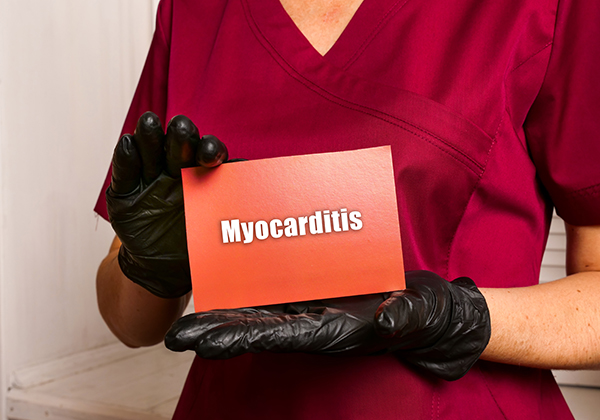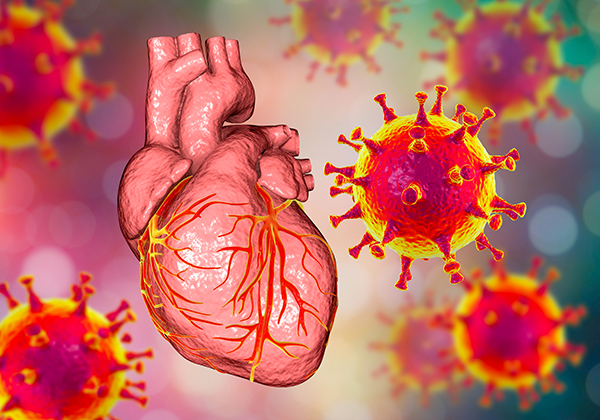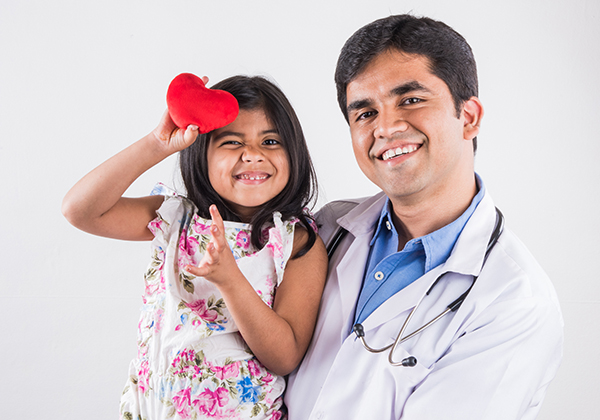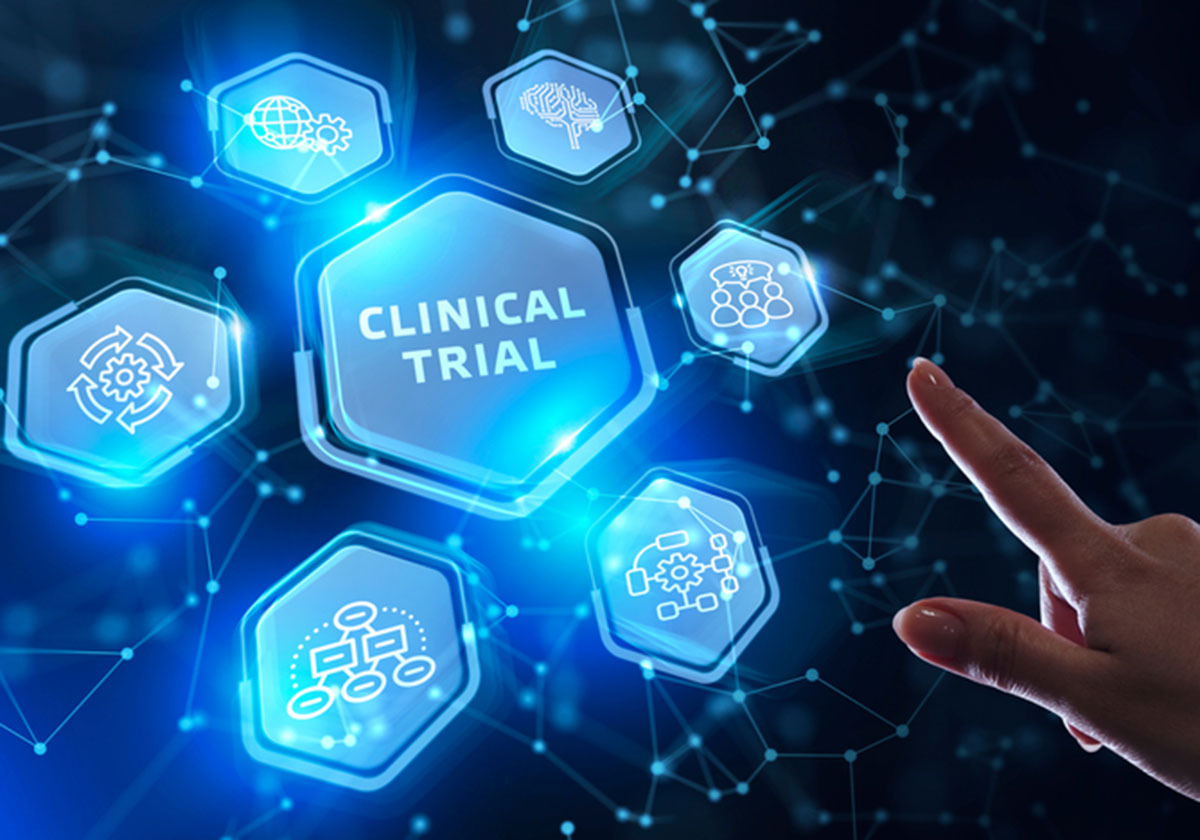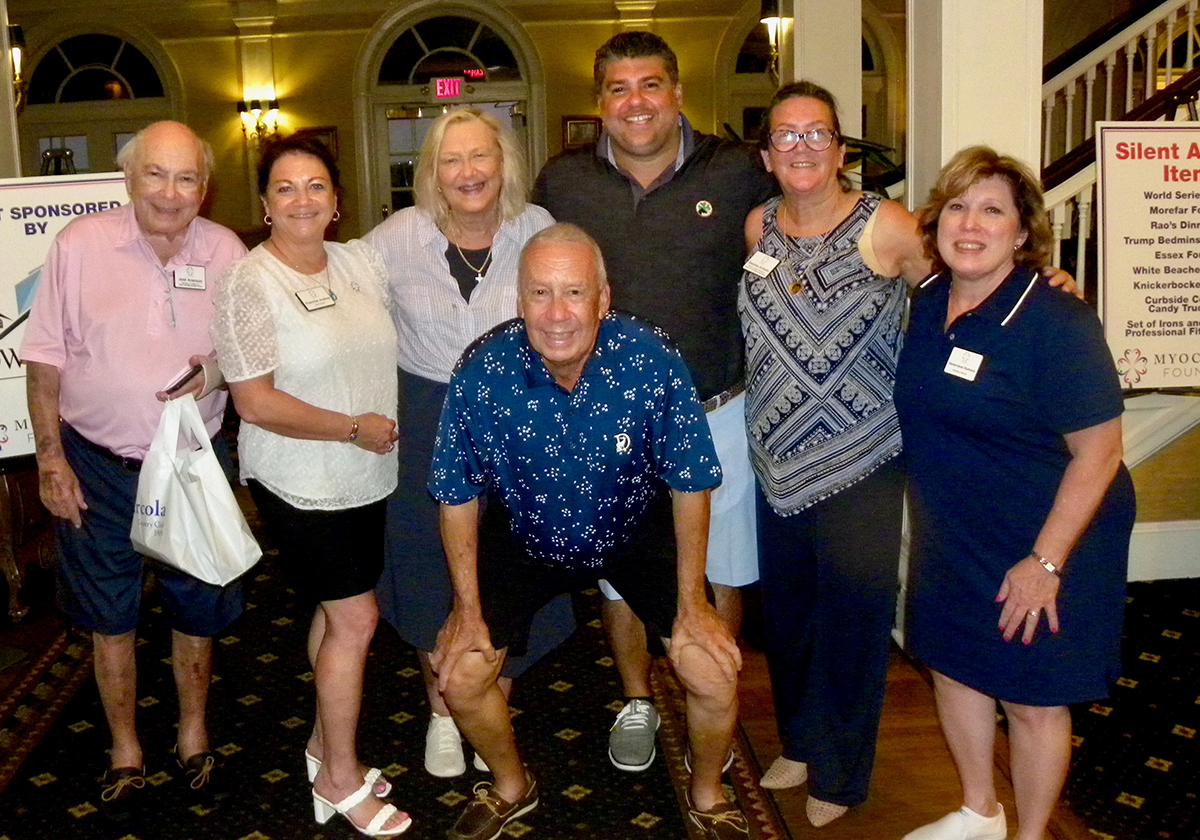(281) 713-2962
800 Rockmead Drive, Suite 155
Kingwood, TX 77339
[email protected]
Mayo AVC Registry and Biobank
Status: Recruiting
Location: Mayo Clinic in Rochester, University of Kansas Medical Center
Conditions: Mayo Clinic in Rochester, University of Kansas Medical Center
City/State:
Rochester, Minnesota
Contact Information:
Nicholas Wozniak
+1 507 2558794
[email protected]
Anwar A Chahal, Ph.D.
[email protected]
Arrhythmogenic ventricular cardiomyopathy (AVC) is a genetic condition which affects the heart and can lead to heart failure and rhythm problems, of which, sudden cardiac arrest or death is the most tragic and dangerous. Diagnosis and screening of blood-relatives is very difficult as the disease process can be subtle, but sufficient enough, so that the first event is sudden death.
The Mayo Clinic AVC Registry is a collaboration between Mayo Clinic, Rochester, USA and Papworth Hospital, Cambridge University Hospitals, Cambridge, UK. The investigators aim to enroll patients with a history of AVC or sudden cardiac death which may be due to AVC, from the US and UK. Family members who are blood-relatives will also be invited, including those who do not have the condition. Data collected include symptoms, ECG, echocardiographic, MRI, Holter, loop recorder, biopsies, exercise stress testing, blood, buccal and saliva samples.
Objectives of the study:
- Discover new genes or altered genes (variants) which cause AVC
- Identify biomarkers which predict (2a) disease onset, (2b) disease progression, (2c) and the likelihood of arrhythmia (ventricular, supra-ventricular and atrial fibrillation)
- Correlate genotype with phenotype in confirmed cases of AVC followed longitudinally using clinical, electrocardiographic and imaging data.
- Characterize desmosomal changes in buccal mucosal cells with genotype and validate with gold-standard endomyocardial biopsies
Sudden cardiac arrest (SCA) accounts for over 360,000 deaths in the US and 400,000 in Europe per annum, including thousands under the age of 40 who die unexpectedly and without warning. Whilst the majority of SCAs are triggered by heart attacks, in those under the age of 40 years this tends to be due to genetic heart disease, which if identified early may save lives of other family members. Epidemiological and post-mortem studies have shown arrhythmogenic ventricular cardiomyopathy (AVC) as a leading cause of SCA, responsible for up to 25% of deaths in this age group.
AVC is a highly clinically and genetically heterogeneous condition, which results in fibro-fatty replacement of myocardium which may lead to ventricular dysfunction, heart failure, electrical rhythm disturbances and SCD. Although AVC predominantly affects the right ventricle (ARVC), it can affect both the right and left ventricle, or the LV in isolation (ALVC) and result in a type of dilated cardiomyopathy (DCM) with a propensity for arrhythmia (aDCM). Recent reports of aDCM with a familial distribution suggests this is undiagnosed AVC, reflecting heterogeneity and limited understanding. AVC is considered a disease of the desmosome (cell-adhesion proteins) and this has led to identification of desmosomal mutations (plakoglobin, plakophilin-2, desmoplakin, desmoglein-2 and desmocollin), mostly inherited in an autosomal dominant manner with incomplete penetrance and variable expressivity. Non-desmosomal genes have also been discovered (desmin, titin, RYR2, transforming growth factor -3, transmembrane protein 43 and phospholamban). Together, these only account for 50-60% of known AVc-related mutations, with the remainder being genetically undetermined. Additionally, multiple mutations also exist within families and within individuals further compounding the complexity of AVC. Inter and intra-familial variability is inexplicable with current knowledge, and suggests epigenetic and environmental factors contributing to phenotype. Disease expression is highly variable even amongst members of the same family with the same mutation making clinical detection and cascade screening a challenge. Finally, predicting which patients are at risk of SCD who have AVC or may have AVC is difficult and potentially lethal. Since SCD can be the first lethal and tragic manifestation of the disease, optimizing screening strategies is of paramount importance. The long-term goals of this program are to leverage our well-phenotyped cohort of patients with AVC at Mayo Clinic and Papworth Hospital, University of Cambridge, , enroll others and to discover novel pathogenic variants, correlate genotype with phenotype, and develop robust screening tools for the diagnosis of AVC and preventing SCD.
Overall hypothesis: that the onset of AVC can be reliably and accurately predicted in first-degree relatives of index cases using genetic, electrocardiographic (ECG) and imaging data.
Aim #1: Identify novel candidate genes and variants associated with AVC (including cases involving the right, left and the dilated cardiomyopathy types). This aim will be accomplished using next generation sequencing of probands-family member trios “genomic familial triangulation” approach and an innovative bioinformatics, statistical, and systems based biology approach.
Aim #2: Correlate genotype with phenotype in confirmed cases of AVC followed longitudinally using clinical, ECG and imaging data to 2a. predict disease onset; 2b. predict disease progression; and 2c. predict the likelihood of arrhythmia (ventricular, supra-ventricular and atrial fibrillation).
Aim #3: Combine registries from the Mayo Clinic, Rochester, USA and Papworth Hospital, University of Cambridge, UK, to study longitudinal data and correlate genotype with phenotype.
Aim #4: Characterize desmosomal changes in buccal mucosal cells with genotype and validate with gold-standard endomyocardial biopsies.
Project approval:
This study is approved by the Mayo Clinic IRB and Papworth Hospital NHS Foundation Trust for collation of existing data to develop the registry.
New directions for the project will seek appropriate approval by the IRB of each site in due course.
Recruitment strategy:
Patients who are already seen at Mayo Clinic Rochester and Papworth Hospital sites will be enrolled, provided research authorization is active. A HIPPA waiver has been approved as the registry collates existing data. Standard Mayo Clinic policy is to inform patients that clinical data can be utilized for research purposes, and patients are asked to specifically decline research authorization if they wish to opt out. A similar system is in place at Papworth Hospital.
For specific aims which require blood or other bio-specimens for the biobank, a separate IRB will be utilized and this requires a signed consent form.
Baseline data includes but is not limited to the following, at index presentation or screening visit for first-degree relatives:
- Baseline demographics
- Clinical history
- Examination findings including features suggestive of cardio-cutaneous syndromes etc.
- Family history of at least 3 generations. An online tool will be utilized for generating a pedigree (http://www.progenygenetics.com/online-pedigree)
- Serial ECG data (12-lead, signal-averaged and Brugada protocols)
- Continuous ECG monitoring data (Holter, extended-Holter, event recorders, implantable loop recorders etc.)
- Imaging data (echocardiography, cardiac MRI, cardiac CT)
- Cardiopulmonary exercise testing or exercise stress testing
- Questionnaires on exercise capacity, activities of daily living (these will be approved by the IRB if self-completed by patients)
- Cardiac catheterization data
- Existing genotyping data (including methods used)
- Where available, endomyocardial biopsy data
For clinical follow-up visits and screening follow-up of first-degree relatives, in addition to those test above, the following will be collected:
- Cardiac implantable electronic devices data
- Cardiac electrophysiology studies, and where catheter ablation delivered, this will be recorded
Biobank for genotyping and novel variant discovery:
Current guidelines recommend genetic testing for index cases and blood-relatives. Where this is performed and available, this will be collected.
Probands and their blood-relatives will be invited to participate in this optional component of the study. Blood, saliva and buccal scrapings will be collected from probands and blood relatives, to identify current pathogenic variants associated with AVC, and to discover novel variants.
Biobank for novel biomarker discovery:
Blood will be stored at baseline and subsequent visits to test for known blood-biomarkers of disease progression (such as high-sensitivity cardiac troponins, natriuretic peptides, high-sensitivity CRP and cytokines). Blood will also be stored for high throughput ‘omics (transcriptomics, metabolomics and proteomics) to identify novel biomarkers which reflect disease progression, prognostication and crucially help illuminate new biological pathways.
Annual Clinical Assessment:
Most patients with AVC are followed-up annually or more frequently dependent upon symptoms. At each follow-up an ECG and/or Holter is usually performed. The investigators will ensure each site performs this consistently. Data generated will be used for the registry. In addition, investigators may contact patients by telephone to assess symptoms (following IRB approval).
Follow-up at every 3-year interval:
Clinical guidelines for screening first-degree relatives recommend follow-up approximately every 3 years, as phenotype expression can be delayed (with the exception of familial cases where a pathogenic variant has been identified, and the blood-relative is negative). Thus, this time period has been chosen for subsequent follow-up visits, where patients will be re-assessed by 2010 Task Force Criteria for evidence of AVC. This follow-up visit will include:
- Clinical history
- Examination
- ECG (12-lead and signal-averaged)
- Holter monitoring
- Repeat cardiac MRI
- Exercise testing (CPET or treadmill)
It is our objective to continue this registry indefinitely, in order to capture adequate event rates for valid and accurate modelling to predict disease progression.
Data Collation and Management:
The investigators will use the REDCap (Research Electronic Data Capture) tool for completion of case report forms at enrollment and follow-up visits (link to a demonstration website https://projectredcap.org). The servers are based in-house at Mayo Clinic, with access only provided to approved study personnel. No personal identifiable information will be collated online. All cases will have a unique study ID, with the key to link each subject ID to patient identifiable data located at each site, and only available to the PIs and senior research personnel.
The data stored is considered confidential and will not be disclosed to any 3rd parties, with the exception of the participants clinical health-care providers responsible for the patient’s welfare.
REgiStry Of the NAtural History of recurreNt periCarditis in pEdiatric and Adult Patients
Status: Recruiting
Location: Alaska Heart & Vascular Institute, Barnes-Jewish Hospital/Washington University, Brigham and Women's Hospital, Carnegie Mellon University, Cincinnati Children's Hospital Medical Center, Cleveland Clinic, Houston Methodist Hospital, Johns Hopkins University, Legacy Hospital and Health Center DBA Legacy Research Institute, Mayo Clinic in Rochester, Midwest Cardiovascular Research Foundation, Minneapolis Heart Institute Foundation, NYU Langone Health, Northwell Health - Lenox Hill Hospital, Pima Heart and Vascular, Scripps Health, Seattle Children's Hospital, TKL Research Inc., University of California - San Diego, University of Nebraska Medical Center, University of Vermont Medical Center, Virginia Commonwealth University
Conditions: Alaska Heart & Vascular Institute, Barnes-Jewish Hospital/Washington University, Brigham and Women's Hospital, Carnegie Mellon University, Cincinnati Children's Hospital Medical Center, Cleveland Clinic, Houston Methodist Hospital, Johns Hopkins University, Legacy Hospital and Health Center DBA Legacy Research Institute, Mayo Clinic in Rochester, Midwest Cardiovascular Research Foundation, Minneapolis Heart Institute Foundation, NYU Langone Health, Northwell Health - Lenox Hill Hospital, Pima Heart and Vascular, Scripps Health, Seattle Children's Hospital, TKL Research Inc., University of California - San Diego, University of Nebraska Medical Center, University of Vermont Medical Center, Virginia Commonwealth University
City/State:
Anchorage, Alaska
Tucson, Arizona
La Jolla, California
San Diego
Davenport, Iowa
Baltimore, Maryland
Boston, Massachusetts
Minneapolis, Minnesota
Rochester, Minnesota
Saint Louis, Missouri
Omaha, Nebraska
Fair Lawn, New Jersey
New York, New York
Cincinnati, Ohio
Cleveland, Ohio
Portland, Oregon
Pittsburgh, Pennsylvania
Houston, Texas
Burlington, Vermont
Richmond, Virginia
Seattle, Washington
Contact Information:
JoAnn Clair, PhD
781 431 9100
[email protected]

